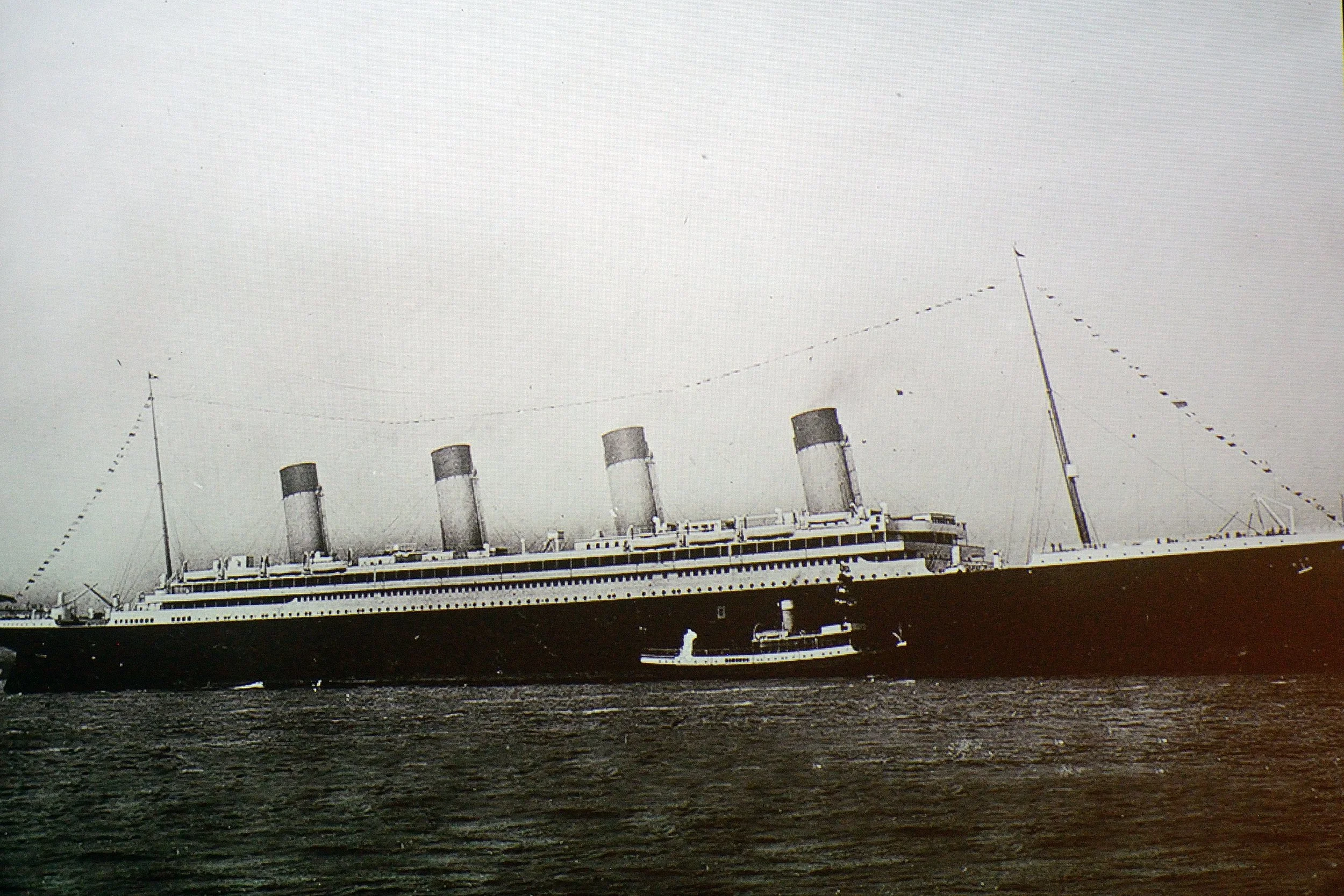Titanic’s Movie Score Explained
The sinking of the Titanic is one of the most tragic events in human history. In 1997, director James Cameron brought this tragedy to the big screen with his epic film "Titanic". The movie's score, composed by James Horner, is one of the most iconic and unforgettable soundtracks in film history.
The score is a masterpiece of music that captures the beauty, romance, and tragedy of the Titanic's story. From the opening notes of "Never an Absolution" to the hauntingly beautiful "My Heart Will Go On," the score perfectly complements the film's sweeping visuals and emotional storytelling.
One of the most notable aspects of the score is its use of leitmotifs. A leitmotif is a musical theme or motif that is associated with a particular character, object, or idea. In the case of "Titanic," Horner uses leitmotifs to give the film's characters a musical identity. For example, the leitmotif associated with Jack is a playful, adventurous melody, while Rose's leitmotif is a more romantic and melancholic one.
The use of leitmotifs is particularly effective during the film's climactic scene, when the Titanic is sinking. As the ship goes down, Horner weaves together several of the film's themes, creating a musical tapestry that reflects the chaos and tragedy of the moment. The use of the leitmotifs during this scene adds an extra layer of emotion to an already heart-wrenching moment.
Another notable aspect of the score is the use of vocal performances. In addition to the iconic "My Heart Will Go On," the score features several other vocal pieces, including "Hymn to the Sea" and "Rose." These pieces add a sense of grandeur and beauty to the film, and they are a testament to Horner's skill as a composer.
The use of instrumentation is also worth noting. The score features a wide variety of instruments, including strings, brass, woodwinds, and percussion. Horner's use of these instruments adds depth and texture to the music, creating a sense of scale that is appropriate for a film of "Titanic's" magnitude.
In conclusion, the score for "Titanic" is a masterpiece of music that perfectly complements the film's visuals and emotional storytelling. James Horner's use of leitmotifs, vocal performances, and instrumentation creates a musical tapestry that is as beautiful as it is haunting. It is a testament to the power of film music and its ability to add an extra layer of emotion and meaning to a story.

